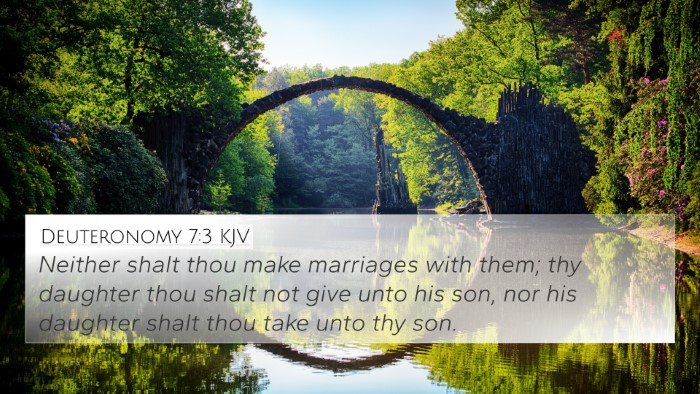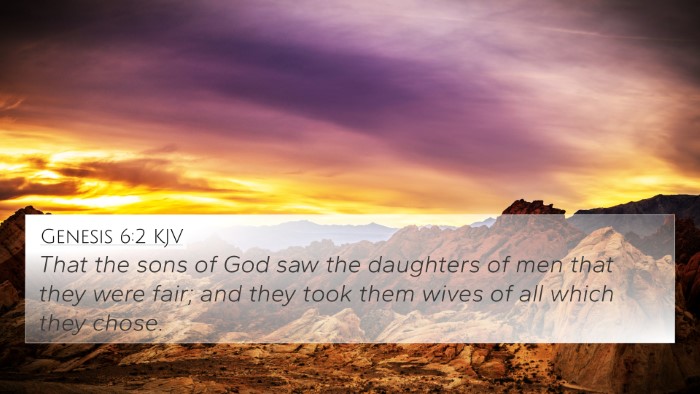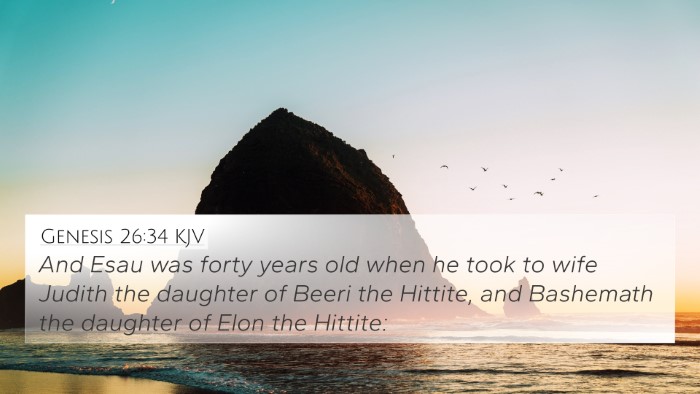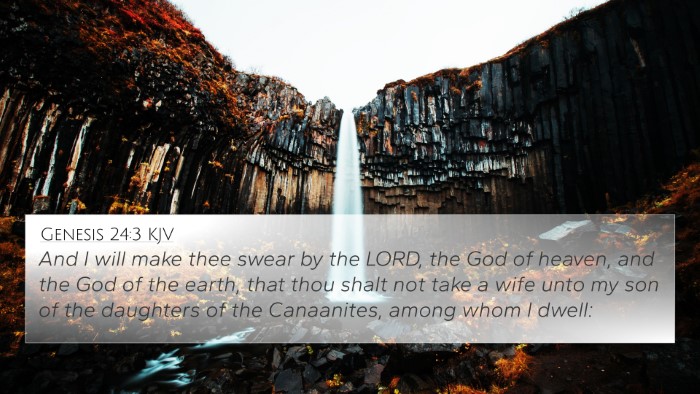Understanding Genesis 34:9
The verse in Genesis 34:9 states: "And Shechem said unto her father and unto her brethren, Let me find grace in your eyes, and what ye shall say unto me I will give." This verse is rooted in a troubling narrative that emphasizes themes of desire, consent, and familial honor.
Contextual Analysis
This passage occurs in the context of Shechem's inappropriate actions towards Dinah, the daughter of Jacob. Following the violation of Dinah, Shechem seeks to marry her and pleads with her family for reconciliation, suggesting a transactional approach to his desire.
Insights from Commentaries
-
Matthew Henry: Henry emphasizes the lack of respect shown by Shechem. Despite his desire to marry Dinah, the context of his actions signifies a serious breach of moral conduct. Shechem's proposal reflects his desperation more than genuine love, highlighting the severity of the situation and the dishonor brought upon Dinah's family.
-
Albert Barnes: Barnes refers to the implications of Shechem’s request. His pursuit for grace illustrates his recognition of the wrong he has committed and indicates a willingness to make amends, albeit in a flawed manner. It highlights the complexities of relationships and societal norms in biblical times.
-
Adam Clarke: Clarke notes the implications of Shechem’s intentions, observing that his love for Dinah seems to have taken a selfish turn. Clarke highlights the overarching theme of desire versus honor, where Shechem's actions could be seen as an attempt to pacify Dinah’s family rather than an expression of true care.
Thematic Connections
The themes of this verse resonate with various other scriptures, offering insights into human relationships, moral standards, and consequences of actions. It showcases the complexity of human emotions and societal interactions that are evident throughout the Bible.
Cross-References
Here are several Bible verses that relate to Genesis 34:9:
- Genesis 34:1-2: The events leading to Shechem’s actions.
- Exodus 22:16-17: The laws concerning seduction and marriage.
- Deuteronomy 22:28-29: The consequences of premarital relations.
- 1 Corinthians 6:18: Paul warns against sexual immorality.
- Genesis 34:20: The response of Dinah's brothers to Shechem's request.
- Hosea 4:14: The consequences of betrayal and immorality.
- Proverbs 6:32-33: The repercussions of committing adultery.
Application through Cross-Referencing
Understanding Genesis 34:9 benefits from a broader exploration of Scripture. The use of cross-referencing biblical texts allows readers to build a comprehensive understanding of the intentions and actions of biblical characters. It highlights the connections between Bible verses that illuminate moral teachings and historical contexts.
Conclusion
In summary, Genesis 34:9 encapsulates complex themes of human interaction, desire, and moral judgment. The insights drawn from public domain commentaries enrich our understanding of the text and emphasize the importance of thematic Bible verse connections. By employing cross-references, we can engage in a cross-reference Bible study that informs our interpretation and application of biblical truths.








